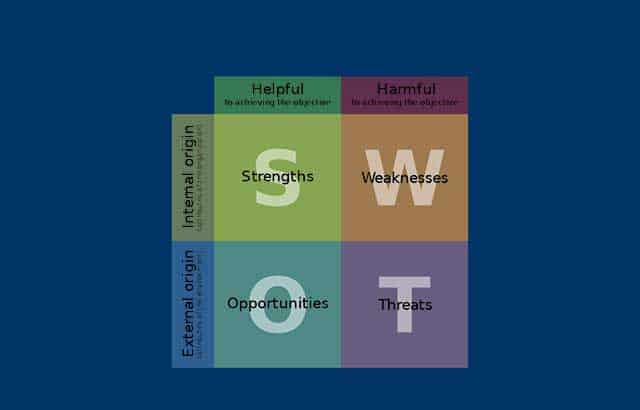While SWOT analysis is a valuable tool for assessing the strengths, weaknesses, opportunities, and threats of a business or industry, there are specific challenges associated with applying it to the e-commerce industry. Here are four challenges of SWOT analysis for the e-commerce industry:
Table of Contents
Rapidly Evolving Technological Landscape
The e-commerce industry is highly influenced by technological advancements, such as changes in online platforms, digital marketing strategies, and logistics solutions. Conducting a SWOT analysis in this industry requires continuous monitoring and updating of the analysis to reflect the evolving technology landscape accurately.
Intense Competitive Environment
E-commerce is a highly competitive industry with numerous players vying for market share. Identifying and assessing competitors’ strengths and weaknesses can be challenging due to the dynamic nature of the market, entry of new competitors, and changing consumer preferences. Conducting a comprehensive competitor analysis can be time-consuming and require access to reliable market data.
Data-Driven Decision Making
E-commerce businesses generate vast amounts of data related to customer behavior, sales, marketing campaigns, and supply chain operations. Analyzing and interpreting this data accurately is crucial for an effective SWOT analysis. However, it can be challenging to collect, analyze, and interpret the data, especially for small or resource-constrained e-commerce businesses.
External Factors and Market Volatility
The e-commerce industry is susceptible to external factors and market volatility that can significantly impact the business environment. Factors such as economic conditions, changes in government regulations, geopolitical events, and customer trends can pose both opportunities and threats. Anticipating and accurately assessing these external factors in a SWOT analysis requires a deep understanding of the industry and access to reliable market intelligence.
Conclusion
Hirav Shah, a renowned business strategist, emphasizes the importance of conducting a SWOT analysis as a starting point for understanding the e-commerce industry and developing effective strategies. However, simply identifying strengths, weaknesses, opportunities, and threats is not enough. It is crucial to prioritize and analyze these factors in depth to develop actionable plans and overcome challenges. This requires leveraging available data, staying up-to-date on industry trends, and considering both internal and external factors. Seeking the guidance of experts or consultants with expertise in e-commerce can also provide valuable insights and support in conducting a comprehensive SWOT analysis.




























